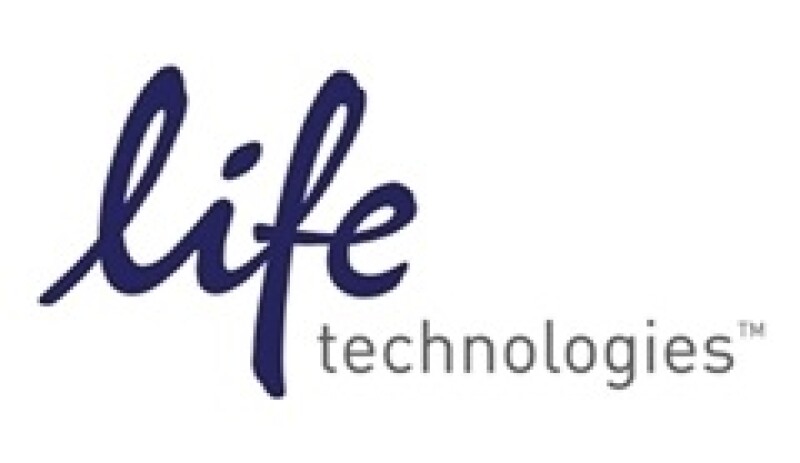The US Supreme Court has had an appetite for IP cases in recent times. Just in the past two weeks we have had three IP opinions released (subscribers and triallists can read our analyses of Halo v Pulse, Wiley v Kirtsaeng, and Cuozzo v Lee, the latter of which was long-awaited by PTAB watchers).
The Supreme Court in today’s order list agreed to take on another case – granting cert in Life Techs v Promega. This joins the Samsung v Apple design patents case, Star Athletica v Varsity Brands copyright case and SCA Hygiene Products v First Quality Baby Products patent case, which have previously been granted cert and are awaiting oral argument.
But it seems there are limits to the Supreme Court’s eagerness to hear IP cases: also today it denied cert to Sequenom v Ariosa.
Multi-component invention

The high court granted Life Technologies’ petition limited to question 2, which is: “Whether the Federal Circuit erred in holding that supplying a single, commodity component of a multi-component invention from the United States is an infringing act under 35 USC § 271(f)(1), exposing the manufacturer to liability for all worldwide sales.”
As Reuters reports, the issue is whether a company that supplies only one part of a patented invention being made outside the US is liable for patent infringement. Section 271(f) of the Patent Act provides a cause of action for infringement based upon export of components of a patented invention to be combined abroad. The Federal Circuit ruled in December 2014 that Life Technologies’ genetic-testing kits infringed four Promega patents and a fifth licensed from Max Planck Society.
The Supreme Court declined to review question one of the petition, however, which Dennis Crouch on the PatentlyO blog described as “the Billy Idol question of whether one can induce ones self”.
IP consultant Hal Wegner had the Life Sciences case at number five in his top 10 US patent cases list.
Sequenom disappointment
The decision to deny cert in the Sequenom case – which Wegner had at number two in his list (behind only Impression Products v Lexmark) – has dismayed some. The Federal Circuit was greatly criticised for its decision in June last year declaring invalid a Sequenom patent disclosing methods to identify fetal genetic defects by analysing maternal plasma or serum.

Crouch on the PatentlyO blog said the hope had been the case would serve as a vehicle for the Supreme Court to step back from the strong language of Alice and Mayo that has led to rejection and invalidation for many under Section 101. “The Supreme Court has now denied certiorari in Sequenom – effectively ending that campaign,” said Crouch.
Sequenom issued a statement saying: “We believe that the Supreme Court missed an ideal opportunity to clarify patent eligibility criteria not only to protect the significant investments made by Sequenom but also by other innovative organisations to advance the standard of patient care and treatment. We fear this decision will discourage such investments in the future."
Others feel its pain, as was evident on Twitter.
Instead of critical case to solve huge problems re innovation (#Sequenom), #SupremeCourt grants cert in minor export #patent case (LifeTech) — David O. Taylor (@davidotaylor) June 27, 2016
We need to amend 35 USC 101 to eliminate the chronic, persistent uncertainty in #patent subject matter eligibility https://t.co/NIZZRmEjCg — Manny Schecter (@MannySchecter) June 27, 2016
But not all were down.
Good, I don't want another #patent opinion from Justice Breyer @PatentDocs: SCOTUS Denies Cert in Sequenom v. Ariosa https://t.co/zPGsowq54m — Brian R. Dorn, Ph.D. (@BiotechPatent) June 27, 2016
The Supreme Court also denied cert to the Versata v SAP and Interval Licensing v Lee petitions. It also vacated the Click-to-Call Technologies v Oracle decision and remanded it to the Federal Circuit for further consideration in light of Cuozzo.
In the meantime, it seems the takeaway is that the Supreme Court remains hungry for IP cases – unless it involves Section 101!










